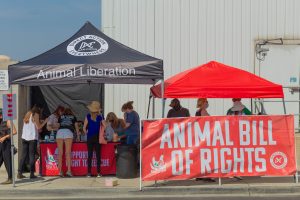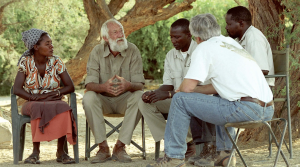Originally published on Ecology and Society.
ABSTRACT
Human-wildlife conflicts are a global problem, and are occurring in many countries where human and wildlife requirements overlap. Conflicts are particularly common near protected areas where societal unrest is large. To ease conflict, integrated conservation and development projects (ICDPs) have been implemented. The Communal Areas Management Programme for Indigenous Resources (CAMPFIRE) is an example of an ICDP. We hypothesized that (i) a higher perceived effectiveness of CAMPFIRE would be associated with a decline in human-wildlife conflicts, and (ii) local communities with higher perceived effectiveness of CAMPFIRE programs would have more favorable attitudes towards problematic wild animals. Four focus group discussions and interviews with 236 respondents were conducted in four local communities adjacent to northern Gonarezhou National Park, Zimbabwe from December 2010 to August 2011. Moreover, we included data on recorded incidences of human-wildlife conflicts and CAMPFIRE financial returns to study communities between 2000 and 2010. Our results indicate that local communities showed considerable differences in how CAMPFIRE effectiveness was perceived. Local communities with higher ratings of CAMPFIRE effectiveness generally perceived a decline in human-wildlife conflicts, although some people had experienced problems with wild animals. Attitudes towards main problematic wild animals varied across the study communities and were partly associated with perceived CAMPFIRE effectiveness. Our findings partly support both of our study hypotheses. Contextual factors across the four local communities seemed to influence the perceived effectiveness of CAMPFIRE programs and attitudes towards problematic wildlife species. We recommend that decisions and actions regarding the control of problem animals be devolved to the community level in order to help reduce human-wildlife conflicts in community-based natural resources management programs.
For the full paper, go to Ecology and Society.



